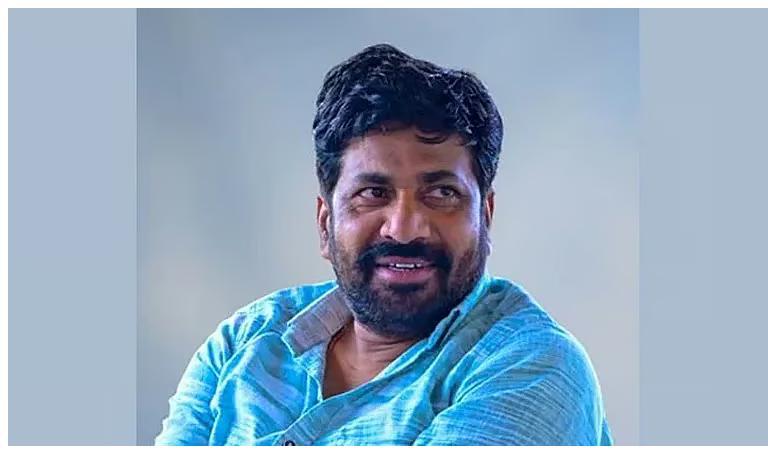
BJP Never Promised Farm Loan Waiver in Manifesto: Maha Minister
The debate over farm loan waivers in India has been ongoing for quite some time, with various political parties making promises to alleviate the financial burdens of farmers. Recently, a controversy erupted in Maharashtra when the founder of the Prahar Janshakti Party, Bachchu Kadu, ended his seven-day hunger strike in the Amravati district after the government assured to consider his demand for a complete farm loan waiver. However, the Maharashtra government has refuted claims that the Bharatiya Janata Party (BJP) promised farm loan waivers in its manifesto for the 2024 state assembly elections.
According to a report by PTI, Maharashtra minister Atul Save stated that the BJP never promised farm loan waivers in its manifesto. This statement comes as a clarification to the demands made by Bachchu Kadu, who had been on a hunger strike to pressure the government to waive off the farm loans of farmers in the state.
The controversy surrounds the fact that while the BJP did not explicitly mention farm loan waivers in its manifesto, some of its leaders had made promises to the farmers during the election campaign. Bachchu Kadu had claimed that the party had assured farmers of a complete loan waiver, but the government has now refuted these claims.
Save, who is the Minister of Food and Civil Supplies, stated that the government is already providing various benefits to farmers, including a 50% reduction in electricity bills and a 10% increase in the minimum support price (MSP) for crops. He also mentioned that the government is working on a new policy to provide financial assistance to farmers, which will be announced soon.
The issue of farm loan waivers has been a contentious one in India, with some arguing that it is a necessary measure to alleviate the financial burdens of farmers, while others believe that it is not a sustainable solution and can lead to moral hazard. The BJP has been critical of the practice of farm loan waivers, with party leaders arguing that it is a short-term solution that does not address the underlying issues facing the agricultural sector.
In recent years, several states have implemented farm loan waiver schemes, including Madhya Pradesh, Maharashtra, and Karnataka. However, these schemes have been criticized for their lack of transparency and accountability, with some farmers complaining that they are not receiving the benefits.
The Maharashtra government has been working to improve the conditions of farmers in the state, with a focus on increasing their income and reducing their financial burdens. The government has implemented several schemes to provide financial assistance to farmers, including a loan waiver scheme for farmers who are in distress.
The government has also set up a committee to provide relief to farmers who are in distress, with the committee responsible for identifying eligible farmers and providing them with financial assistance. The government has also increased the allocation for agricultural development in the state budget, with a focus on improving the infrastructure and technology available to farmers.
In conclusion, the controversy surrounding farm loan waivers in Maharashtra highlights the complexities of the issue and the need for a sustainable solution that benefits all stakeholders. While the BJP may not have explicitly promised farm loan waivers in its manifesto, the government is already providing various benefits to farmers and is working on a new policy to provide financial assistance to farmers.






